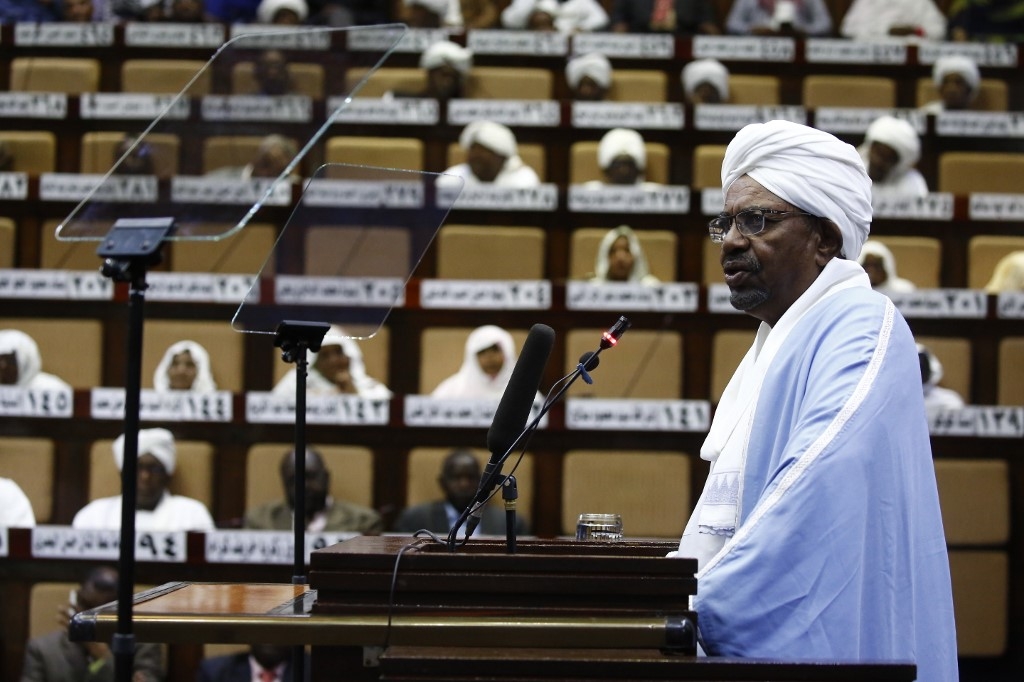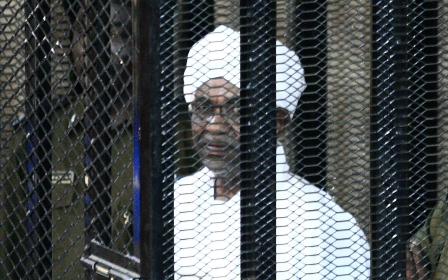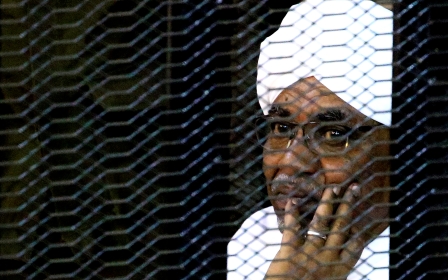Sudan authorities seize assets of Bashir's family and ex-minister

A Sudanese anti-corruption body said on Thursday that it had confiscated land and property in Khartoum from relatives of deposed president Omar-al Bashir, after investigations found they had been acquired illicitly through family ties.
Bashir’s nieces and nephews and a former defence minister, who was a close ally, were targeted by the Empowerment Removal Committee.
The ownership of several plots of land, which total around 92,000 square metres in size, had been transferred to the finance ministry, the committee said.
The committee, which was charged by the attorney general with dismantling the Bashir-era system of corruption and kleptocracy, also dissolved the boards of the Khartoum International Airport Company and the Sudan Airports Holding Company over corruption accusations.
The move comes after Bashir, 76, was convicted in December of corruption and sentenced to two years in a community reform centre, months after his 30-year rule was brought to an end by a popular revolution.
The former president was convicted of illegally accruing funds, keeping foreign currencies at home and accepting an illegal $25m payment from Saudi Crown Prince Mohammed bin Salman.
In court in April, Bashir also admitted to receiving two payments from Saudi Arabia's now-deceased King Abdullah for $35m and $30m, which he had spent, according to the investigations.
Bashir is also wanted by the International Criminal Court (ICC) for alleged war crimes, genocide and crimes against humanity in the Darfur region.
Sudan’s ruling Sovereign Council and government have said that Bashir and others wanted by the ICC would be handed to the court in the interests of transitional justice, but this has yet to happen.
The violent state repression in Darfur killed more than 300,000 people between 2003 and 2013, according to United Nations estimates.
In January, assets of Bashir's former National Congress Party were seized, including four private television channels and newspapers. The assets of the Al-Quran al-Kareem Society, a religious charity organisation with alleged links to Bashir, were also seized.
Sudan's judiciary is also pursuing Bashir over the killing of protesters and his role in the violent 1989 coup that first brought him to power.
Middle East Eye delivers independent and unrivalled coverage and analysis of the Middle East, North Africa and beyond. To learn more about republishing this content and the associated fees, please fill out this form. More about MEE can be found here.




